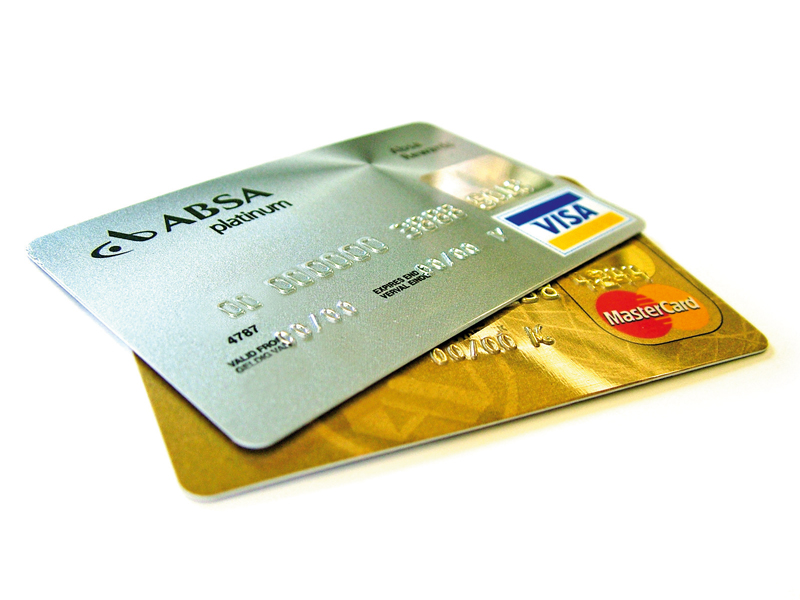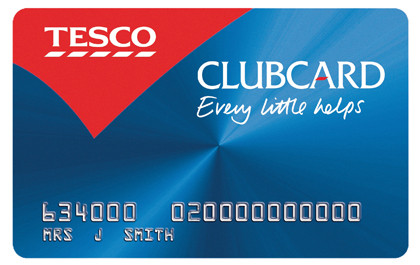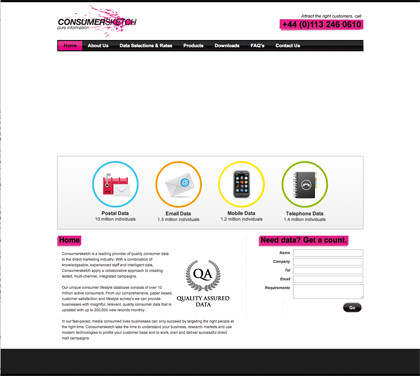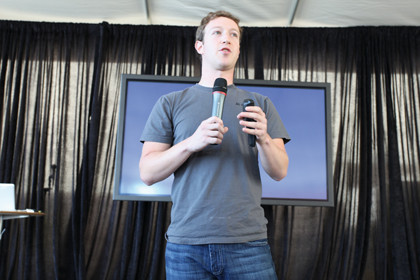What's your life worth to an ID thief?

During 2002, JP Martin decided to analyse every bit of information his company had about its customers. The firm, Canadian Tire, had its own credit card and Martin discovered patterns in his customers' purchases.
Customers who bought carbon monoxide detectors for their houses or felt pads to stop chairs scratching the floor rarely missed a payment, but those who bought chrome skull decorations for their cars were almost certain to fall behind.
Martin's discoveries became the data mining industry, and today almost every bit of data about you is worth money to somebody. How much is personal information worth?
If you ask Tesco, the answer might be £3.8 billion: that's its annual profit before tax, and if it weren't for its Clubcard loyalty programme that figure might be much lower.
Clubcard isn't just about bombarding you with coupons for days out at Legoland: the firm also uses it to decide what it should stock, when it should stock it and where it should put it. As the BBC reports, Clubcard data can even help the firm "work out whether, for instance, the inhabitants of a town objecting to a new store were shopping at another Tesco some miles away."

Tesco isn't the only firm using your data to keep tabs on you. TFL stores details of Oyster card users' trips, credit reference agencies track our transactions, and most of the firms we do business with will cheerfully flog our details if we forgot to tick a tiny little box in an obscure corner of a form.
So where does our data end up, and how much is it worth? Tesco's enormous customer database is a trade secret, closely guarded, but many firms sell on customer data to firms like Data HQ, which promises "precision targeting" of businesses and consumers.
Sign up for breaking news, reviews, opinion, top tech deals, and more.
It isn't kidding: available mailing lists include lists of people interested in specific kinds of charities, people who holiday by going camping, people who buy plants and bulbs through mail order, people who have back pain, people who have had an industrial accident within the last two years and so on.
The back pain list has 391,900 entries, and offers "more than 300 selection criteria from age and income to interests and travel through to the preferred newspaper to the value of their quarterly electricity bill."
Expect to pay £130 per 1,000 addresses for a standard mailshot, and another £100 per 1,000 if you'd like a list of phone numbers too.
Eight out of 10 cat owners

The range of available lists is eye-opening. Firms like Consumersketch can tailor lists of contact details to almost any requirement. Prices are per 1,000 records, and start at £110 for basic list rental. Mobile phone numbers are an additional £70, details of ISPs are £40, and extra selections - geographical area, marital status, income bracket, house, favourite newspaper, hobbies, charities, magazine readership and leisure activities - are £50 a pop.
That data is clean, checked and legal, and it's from people who've opted in by completing questionnaires. The value of such data to marketers is clear: being able to target people who belong to particular demographics or who have particular interests means you're less likely to waste your marketing efforts.
For example, if you're selling medical lotions and potions, it makes sense to target people who are suffering from the conditions your products are designed to treat.
Unfortunately, some marketers can be a little bit too greedy in their pursuit of data. In 2009, ITV's Tonight programme found that electronic medical records from some private hospitals were being sold on the underground market for £4 apiece. Of the 116 files purchased by the programme makers, 100 were real - and the records were being sold to unscrupulous medical and pharmaceutical companies keen to target the vulnerable.
As ITV discovered, not all data is circulating with its owners' permission.
Everything counts

If something is protected with a password or PIN, it's going to be worth something to somebody - so how much would the keys to your Facebook account be worth, for example?
The social networking firm would be nothing without its users, so it's reasonable to take its current market valuation - an estimated $55 billion - and divide it by the number of active users, which Facebook says is over 500 million. That would value an individual Facebook account at around $100.
Your Facebook account might be worth $100 in the eyes of potential investors in the company, but it's worth considerably less on the black market. Eddy Willems is a Security Evangelist with G Data Software AG.
"Normal Facebook prices range from $5 to around 10 cents," he says. "If the account includes an email account then it goes up to around $15, but the real money is if you can grab an account from someone famous."
The more connections you have, the more useful your account becomes. "If you can access lots of Facebook friends, you can try to get into those relationships," Willems explains. You can use these relationships to spread malware, or attempt to defraud the real account owner's friends.
McAfee has been tracking the price of social network accounts, and found that a Facebook account with 1,000 friends was worth between $5 and $25, while a World of Warcraft account with a high score could net between $120 and $200. Runescape accounts are worth more still: from $40 to a staggering $1,200.